Priority tasks in preschool and school education identified
On September 9, President Shavkat Mirziyoyev chaired a meeting to discuss the progress of reforms and further priority tasks in the sphere of preschool and school education.
The future of the country and the development of the economy directly depend on an educated generation. In this regard, large-scale efforts are underway in Uzbekistan to construct kindergartens and schools, introduce modern educational programs, and enhance the quality of education.
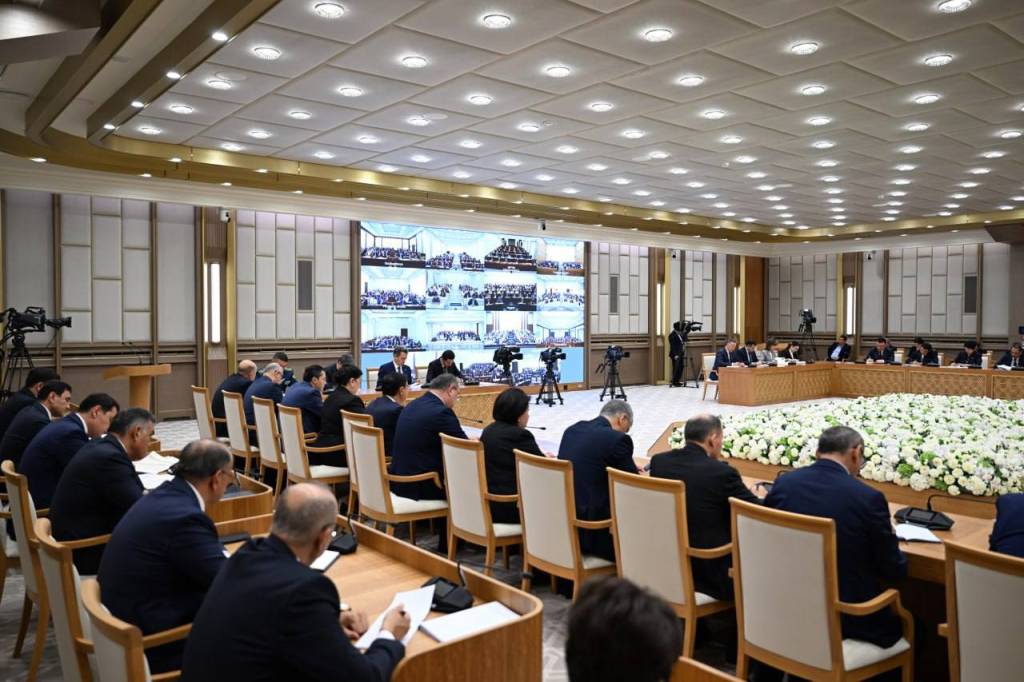
For teachers, more than ten types of salary bonuses have been introduced. Today, over 60,000 teachers who are actively improving their professional qualifications receive salaries ranging from 10 to 12 million UZS. In 300 schools that have shown promising results under the new assessment system, the entire staff receives up to a 40 percent bonus. Starting this month, the salaries of school principals, kindergarten directors, and their deputies have exceeded 10 million UZS.
Since the beginning of the year, students of Uzbekistan have won 195 medals at international Olympiads. In more than one thousand schools employing foreign language specialists, the number of students who have obtained language certificates has increased 2.5 times in just one year.
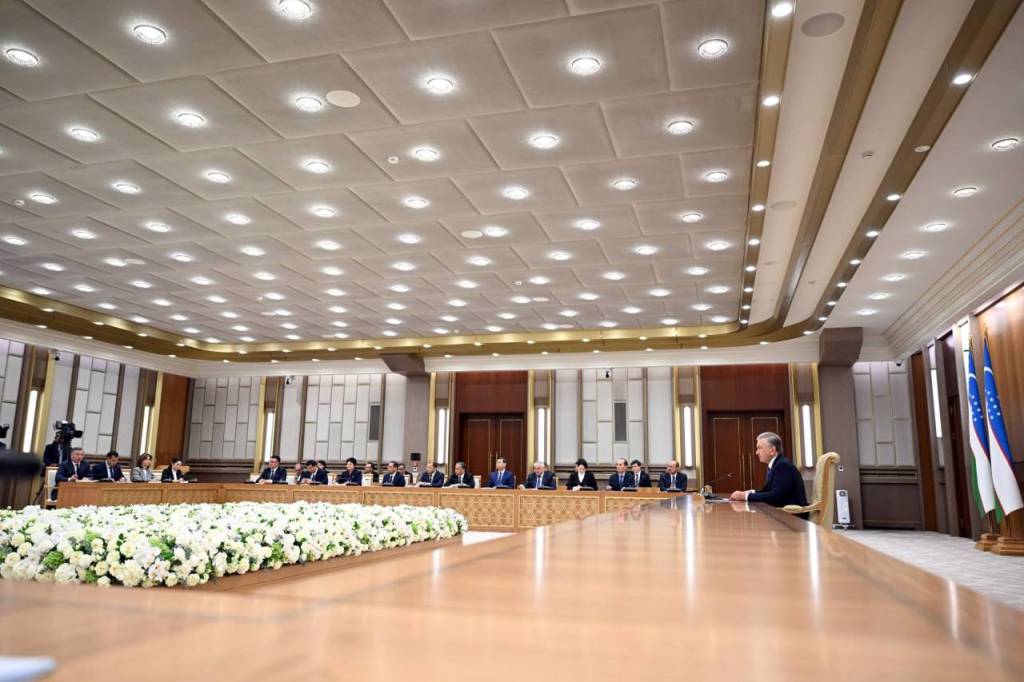
At the meeting, the need for continued reforms and the introduction of profound changes at all levels of the education system was emphasized.
In the field of preschool education, plans are in place to increase the number of places by 182,000 this year, including 82,000 through the construction of new kindergartens and an additional 100,000 through the renovation of existing facilities and the involvement of the private sector.
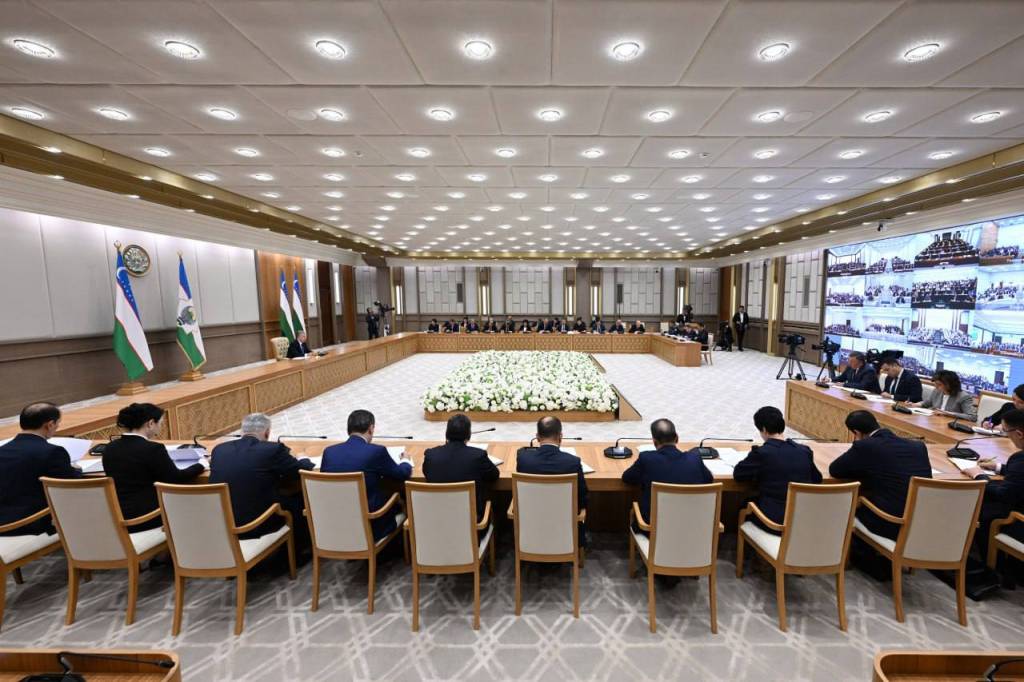
In districts and cities where preschool enrollment is below 80 percent, vacant land will be put up for auction for the construction of kindergartens under public-private partnership arrangements. A three-year program will be introduced for this purpose. Such institutions will be eligible for subsidies and partial coverage of teacher salaries.
At the same time, as new buildings and facilities are developed, staff competencies must also improve. This summer, 118,000 teachers upgraded their qualifications. However, this number is still insufficient. In state kindergartens, only 38 percent of teachers hold a higher education degree, while in private ones, the figure is just 24 percent.
Therefore, starting from the new academic year, a special form of bachelor’s program is being introduced: educators with secondary specialized education will work five days a week and study one day. This will enable the training of approximately 10,000 specialists with higher education annually.
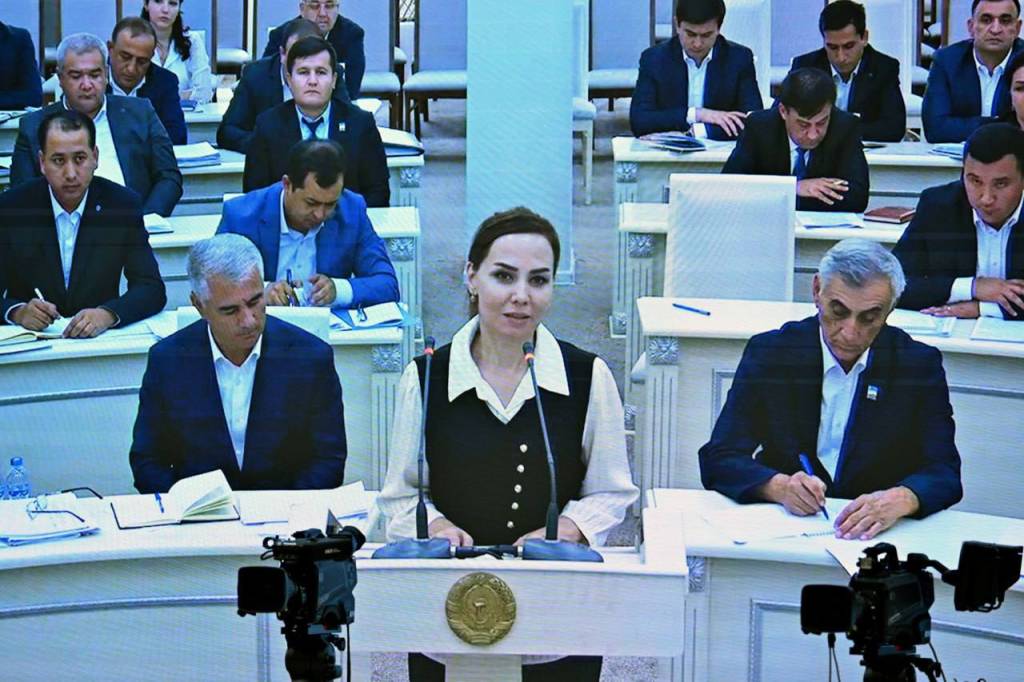
Next year, “New Generation” kindergartens will be established in each region to provide methodological support for teachers.
Unresolved issues also remain in school education. Over the past three years, 201 specialized schools for gifted children have been created. However, repairs and construction have not yet been completed in 12 of them.
In remote areas, 74,000 students have to travel 5-7 kilometers to reach their schools. In Kashkadarya and Surkhandarya regions, free buses have already been provided for 100 schools, and this practice will be expanded.
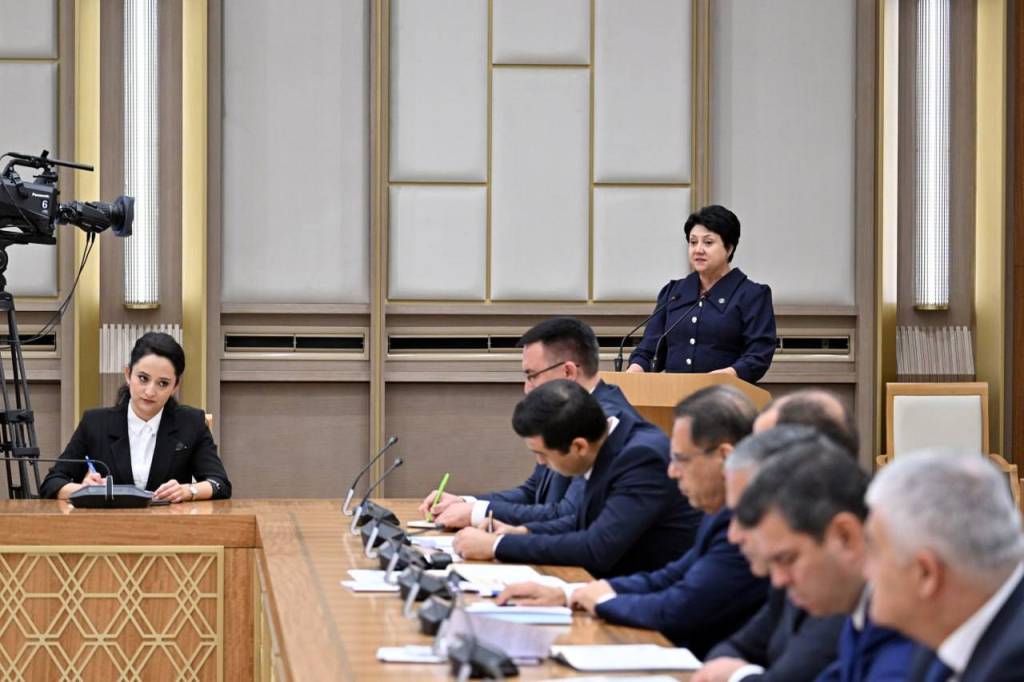
Since last year, computer science lessons have been introduced in 1st grade. Starting from the next academic year, lessons on artificial intelligence will appear in senior grades. For this purpose, 2,000 classrooms will be equipped with computers and interactive whiteboards.
Branches of specialized schools will be established in the regions: the Al-Khwarizmi School for IT, the Mirzo Ulugbek School for Engineering, and the Ibn Sina School for Natural Sciences. They will be affiliated with technical universities, and their best graduates will be able to enter directly into the second year of study.
Next year, for the first time in Uzbekistan, two prestigious international Olympiads – in chemistry and informatics – will be held. The responsible officials have been instructed to prepare for these events.
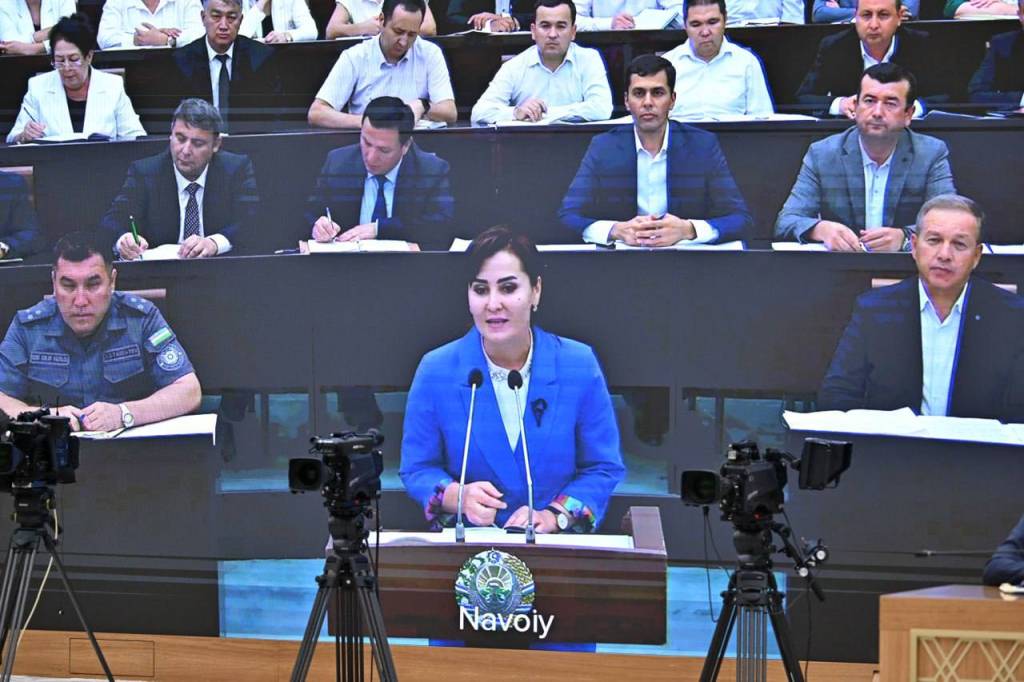
Special attention has also been given to the upbringing and employment of youth.
It was noted that a national upbringing model based on age categories will be created, which will help train specialists with modern competencies while remaining committed to national values.
Based on weekly topics, the Center for the Development of Children’s Content and the Kara-Niyazi National Institute of Pedagogy of Upbringing will produce educational videos, which will be posted on the “Milliy Tarbiya” platform.
For the comprehensive development of children, extracurricular education and sports are of great importance. In this regard, the President signed a resolution on the creation of a network of “Kelajak” centers based on 219 “Barkamol Avlod” schools, the “Yoshlik” society, student youth centers, and the Children’s Organization of Uzbekistan. These centers will offer clubs in engineering, science, culture, arts, sports, and ecology.
In every secondary school, the position of advisor will be introduced to organize language, professional, engineering, creative, and sports clubs according to the interests and abilities of children. Based on children’s achievements in clubs and Olympiads, a “digital portfolio” of students will be formed, with its inclusion in the electronic certificate.
The President emphasized that the most important task is to create conditions for young people to acquire a profession and have a stable income.
Today, there are 598 technical colleges in the country with the capacity to accommodate 450,000 students, but youth interest and graduate employment levels remain low. In this regard, based on the experience of Presidential and specialized schools, a modern system of vocational education in line with international standards will be introduced in all technical colleges.
To carry out this work under a unified policy, the Agency for Vocational Education is being established. From now on, training in technical colleges will be conducted in a targeted manner according to investors’ requests. Enterprises that implement dual education programs together with technical colleges will be provided with preferential loans.
Issues such as the creation of workshops and the expansion of foreign language teaching based on the experience of developed countries were also addressed.
The meeting concluded with a dialogue involving responsible officials and educators.
UzA
 Ўзбекча
Ўзбекча English
English Русский
Русский




